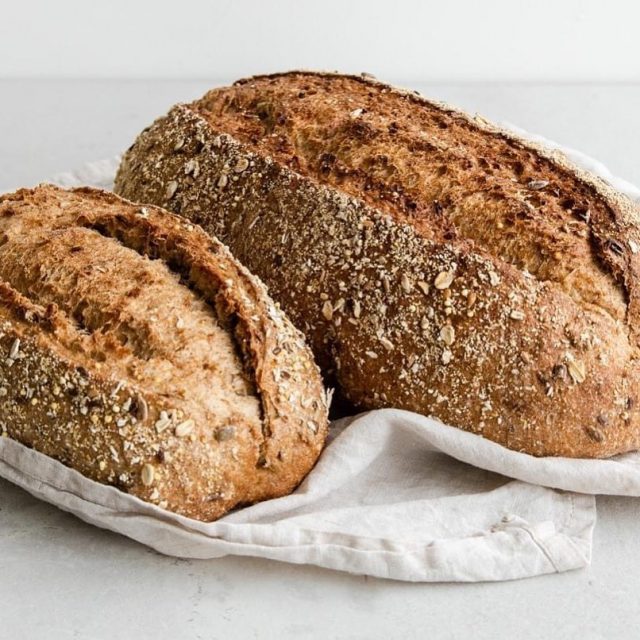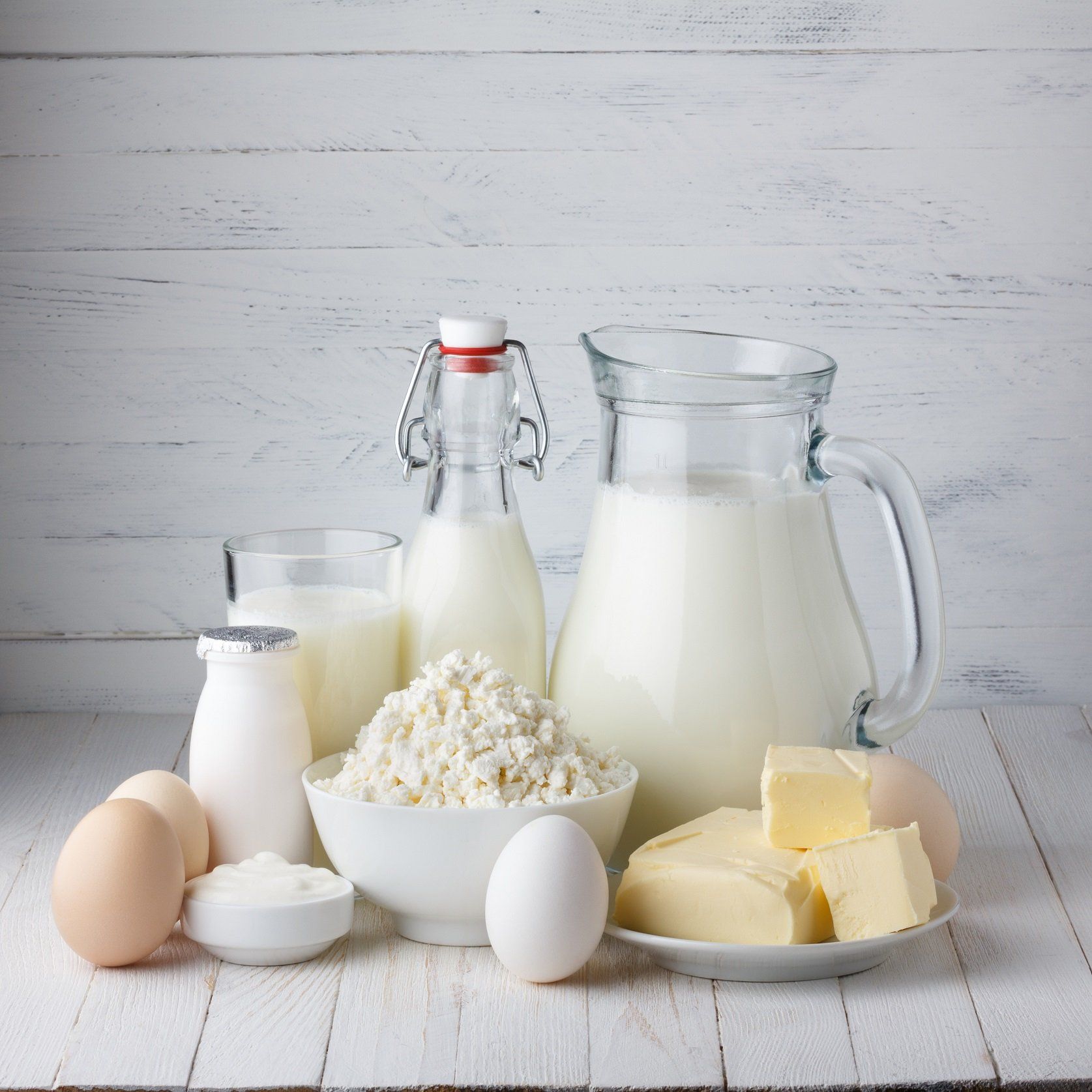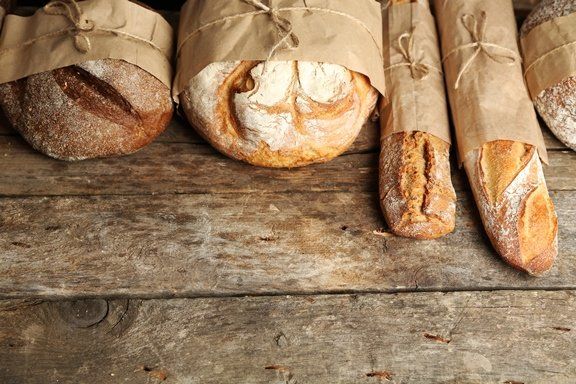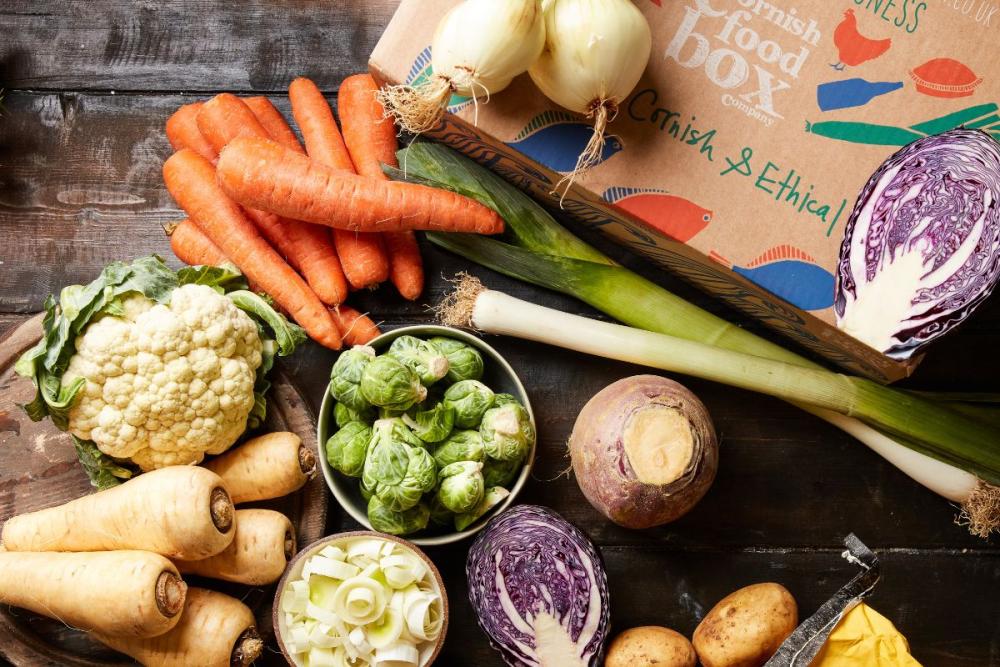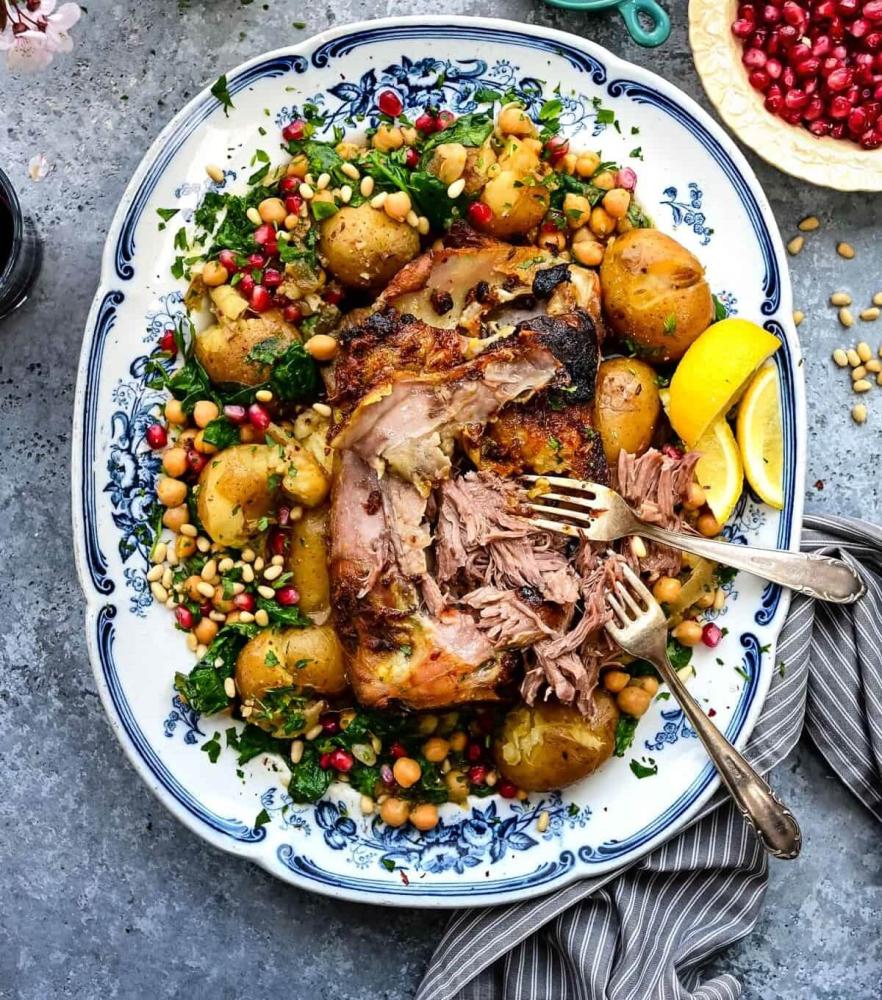Bread is one of the oldest foods and is a fantastic source of protein, fibre, and nutrients. In a world dominated by processed foods and quick fixes, the simple pleasure of real bread is often overlooked or seen as an expensive luxury. Bread has also received a bad rap in recent years as an unhealthy part of our diets. However, properly made real bread is a very different product from the highly processed sliced loaves or the ‘freshly baked’ supermarket offerings which grace most of our tables. The differences in bread don’t lie in whole grain versus white but in ultra processed products with twenty different ingredients pretending to be bread versus a properly loaf of real bread made with just 3 or 4 ingredients all of which you recognise. Beyond its delicious taste and smell, real bread offers a host of health benefits that make it a great choice for your well-being, whereas ultra-processed bread is detrimental to our health.
So, what bread should you be eating and how do you know it is ‘real bread’?
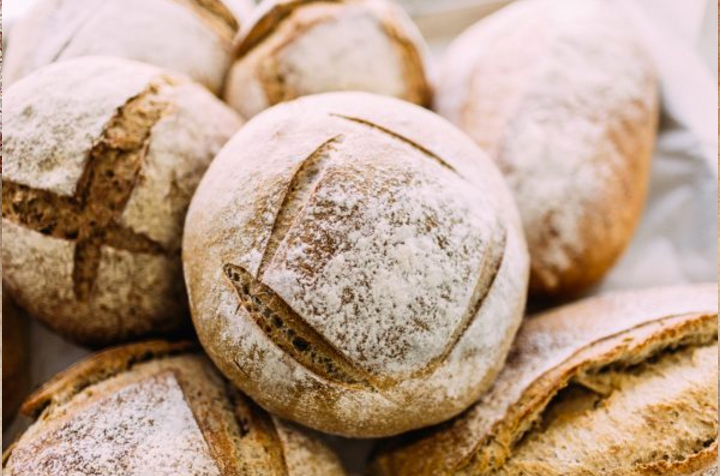
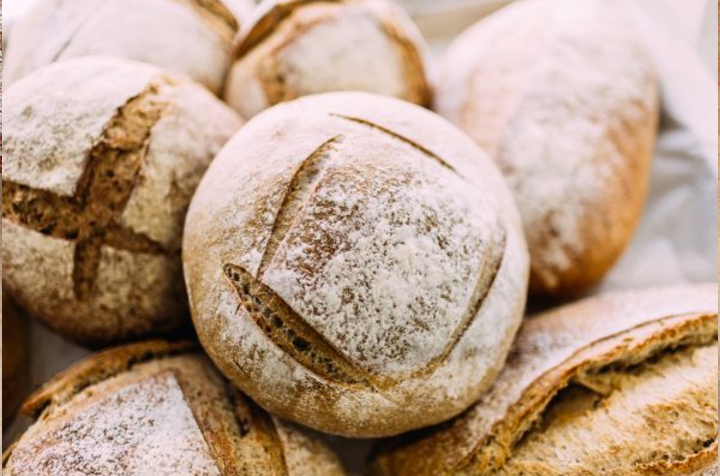
The Ingredients Really Really Matter
Unlike mass-produced breads that are laden with additives, preservatives, emulsifiers and artificial flavours, real bread is made with simple, wholesome ingredients. Traditional bread recipes typically consist of flour, water, yeast (or sourdough starter), and salt— and nothing more. If you look at the back of the packet and you see a long list of ingredients most of which you don’t recognise then it is ultra processed, and it isn’t good for you or your gut. By choosing real bread, you can avoid the hidden sugars, chemicals, and artificial additives found in many shop-bought breads, making it a far healthier option. A recent report by the UK charity Sustain (Food Manufacture 2024) concluded that only one mass retailer actually sells real bread.
Real Bread is Full of Nutrient-Rich Goodness
Real bread is not just empty calories—it's a nutrient-rich food that can contribute to your overall health and well-being. Wholemeal and whole grain breads, in particular, are rich in fibre, vitamins, and minerals, including B vitamins, iron, and magnesium. These essential nutrients play vital roles in supporting digestion, energy production, and immune function, making real bread a nutritious addition to any balanced diet.
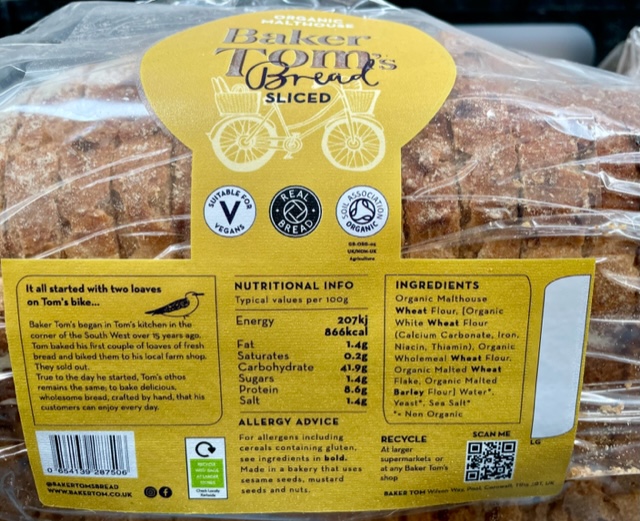

Gut-Friendly Fermentation
Many traditional bread recipes involve fermentation, which not only enhances the flavour and texture of the bread but also provides numerous health benefits. During fermentation, beneficial bacteria and yeast break down carbohydrates and gluten, making the bread easier to digest and increasing the bioavailability of nutrients. This gut-friendly fermentation process can support digestive health by supporting a healthy gut biome and may help alleviate symptoms of gluten sensitivity in some individuals. Many people who experience bloating or other digestive issues will find they are able to eat high quality real bread which has been allowed to develop slowly.
Satisfying and Sustaining
Real bread isn't just about nourishing your body—it's also about satisfying your taste buds and your hunger. Unlike highly processed breads that leave you feeling hungry and unsatisfied, real breads made with quality ingredients provide a sustained source of energy which keeps you feeling fuller for longer. The complex carbohydrates in real bread are digested slowly, helping to regulate blood sugar levels and don’t result in the GI spikes which are associated with developing type 2 diabetes.
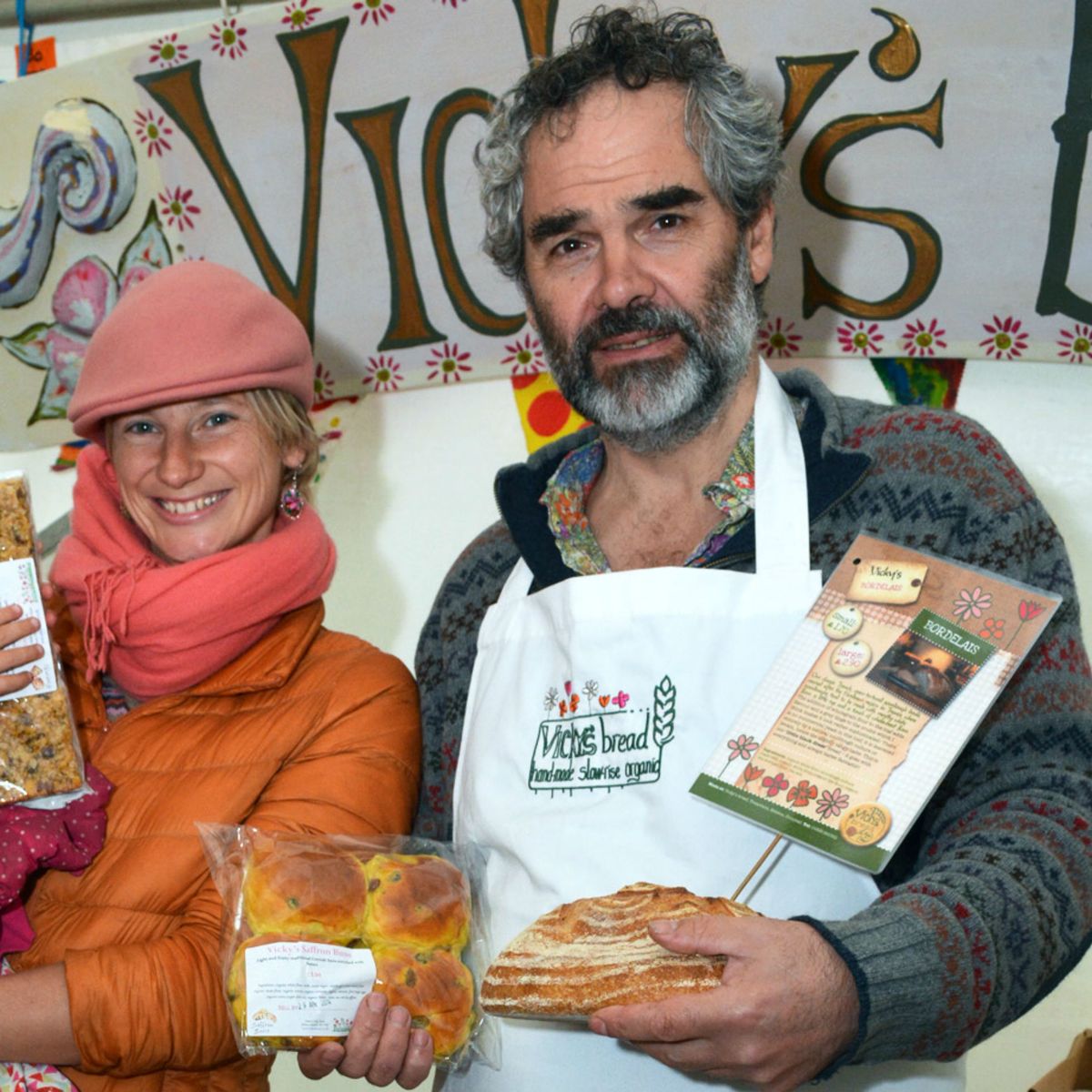

Supporting Local Bakeries
Choosing real bread isn't just a matter of personal health—it's also a great way to support local bakeries and artisanal producers in your community. Many small-scale bakeries take pride in using traditional methods and locally sourced ingredients to create their breads, resulting in superior taste and quality. By opting for real bread made by a local bakery, you're not just getting a better product—you're also investing in the vitality of your local economy and preserving the art of artisanal breadmaking for future generations.
In Conclusion
Real bread is more than just a staple food—it's a nourishing, wholesome, and delicious choice that can enhance your health and well-being in numerous ways. By choosing real bread made with simple, quality ingredients, you can enjoy the taste and nutritional benefits of this timeless food while supporting local businesses and traditional food practices. So the next time you're craving a slice of bread, opt for real bread and savour the goodness that it brings to your table.

